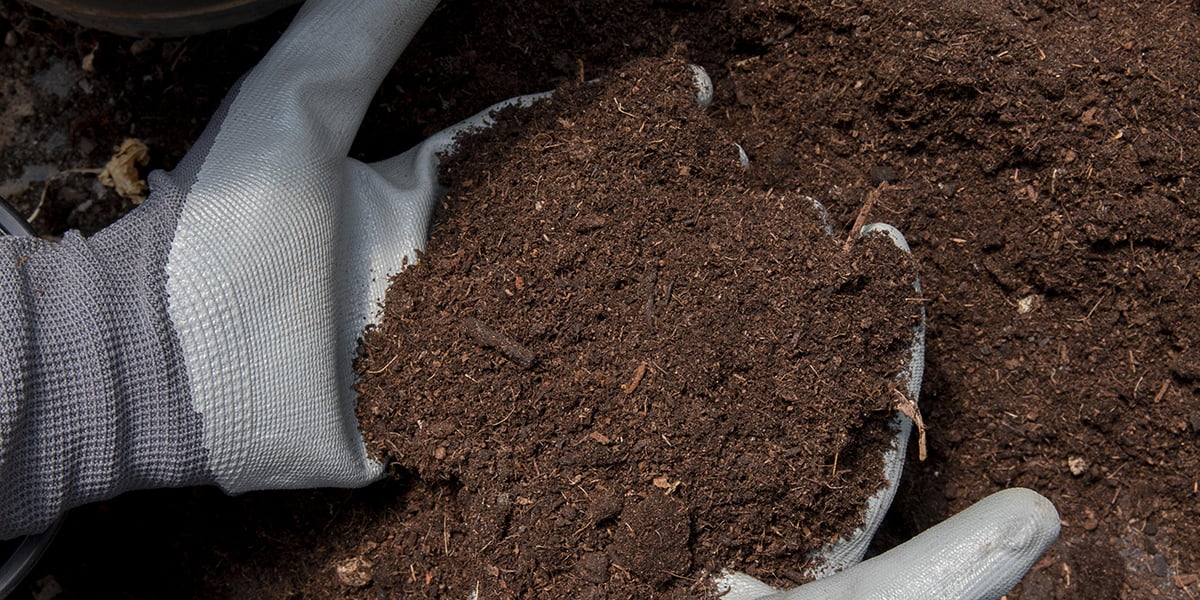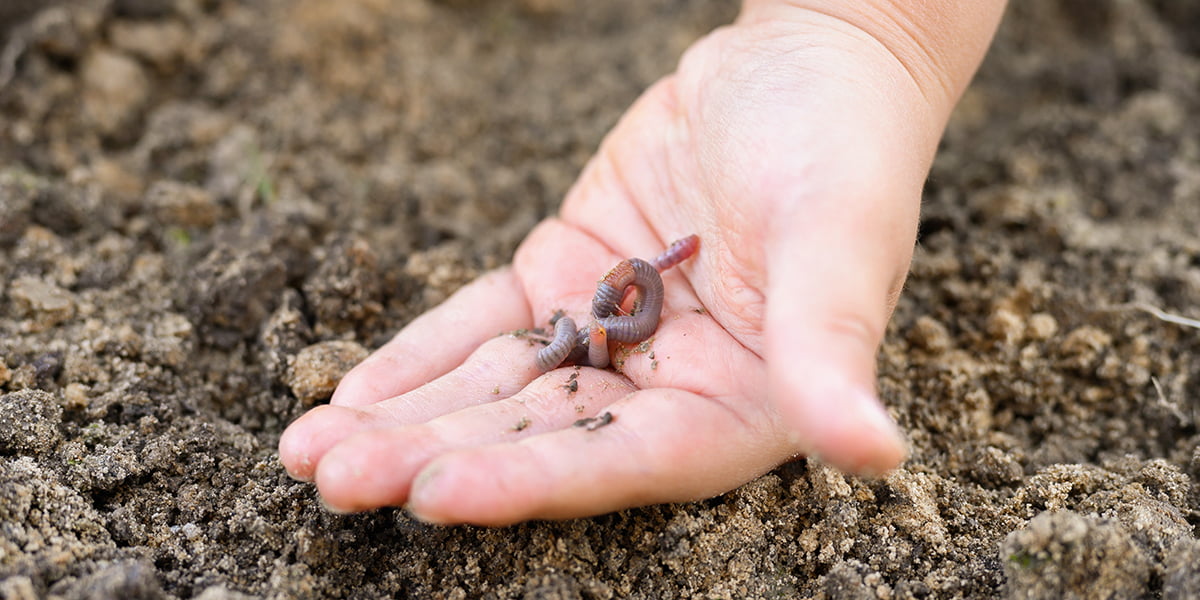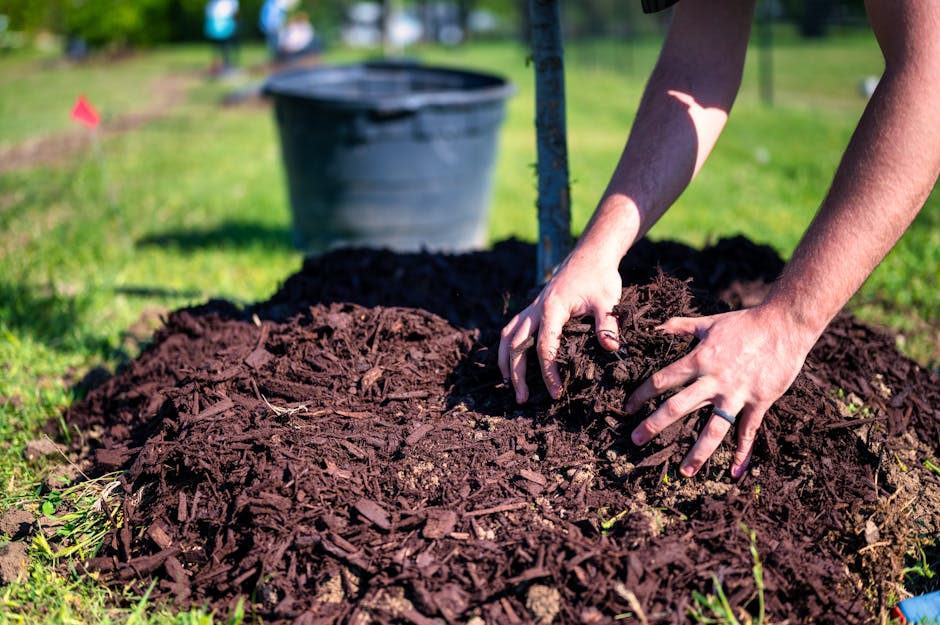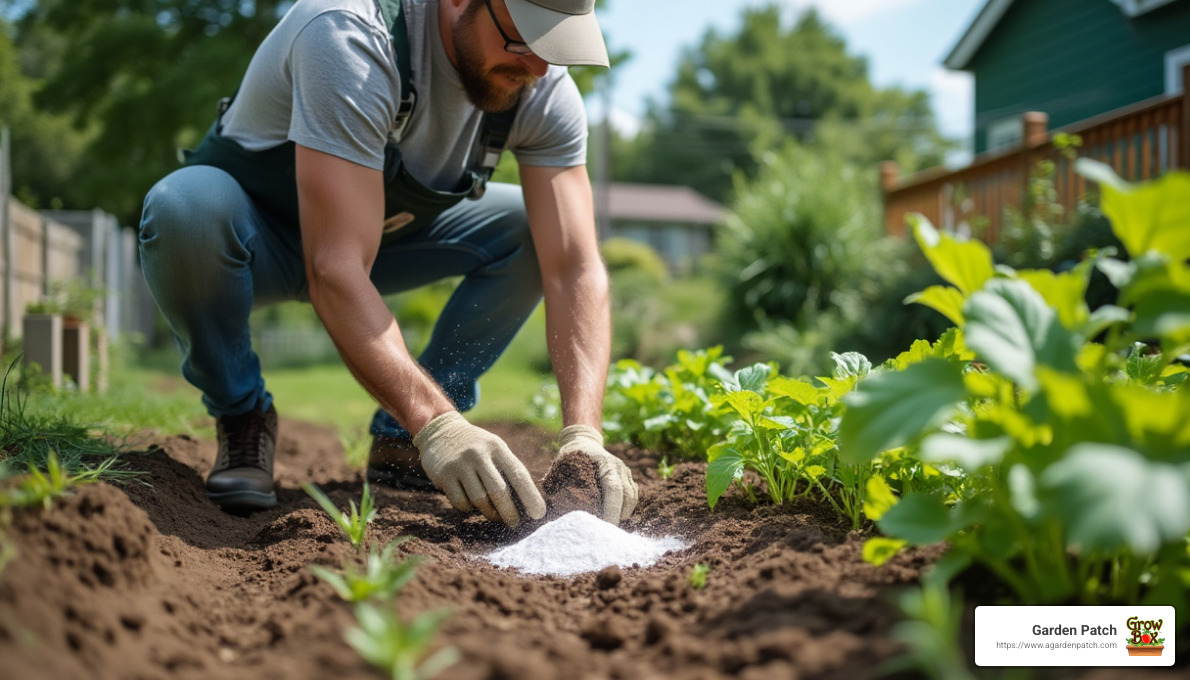Healthy soil contains the ideal biological, chemical, and physical characteristics for optimal plant growth, and many gardeners wonder how to improve soil condition in a natural manner. One common solution to encourage healthy soil is introducing earthworms.
In this article, we answer the question, “How do earthworms help the soil for improved plant productivity?” We explain how the presence of earthworms benefits soil and how to successfully introduce earthworms into your garden.
6 Ways Earthworms Benefit Soil
1. Earthworms Provide Nutrients
Many gardeners use fertilizers to provide their plants with ample nutrients for fast and healthy growth. While products like Jobe’s organic fertilizer can significantly improve the nutrient availability in your soil, you can also provide your plants with nutrients through earthworms.
Earthworm populations feed on organic matter in the soil, such as dead plants and manure, and excrete castings containing concentrated soil nutrients like phosphorous, nitrogen, and beneficial bacteria. The worm castings enrich the soil, making these nutrients readily available to the plants growing there. Research suggests worm castings provide the soil with seven times the phosphorous and five times the nitrogen as was initially present.
2. Earthworms Rebuild Soil Structure
Soil structure refers to how the soil particles bind together to form particle groups called aggregates. Well-aggregated soil improves moisture retention and water drainage, which reduces the loss of nutrients from soil erosion and water runoff.
Earthworm castings not only improve nutrient availability in soil but also encourage soil particles to bind together to form aggregates. When earthworms leave castings on the soil surface, they help rebuild lost topsoil. One research trial studying the soil benefits of earthworms witnessed a growth of 18 centimeters over a 30-year span.
3. Earthworms Improve Soil Porosity
Soil pores are the open spaces between soil particles that contain air or water, and soil porosity refers to the size and dispersion of these pores. Good soil porosity encourages water drainage, preventing plants from becoming waterlogged, but poor porosity leads to suboptimal water and air circulation in the soil.
When earthworms are present, they improve porosity by loosening compacted areas and creating tunneled passages for moisture, nutrients, and air to move through. Soil with healthy earthworm populations can improve water drainage by 90% compared to soil with no earthworms.
4. Earthworms Encourage Strong Root Systems
In answering the question, “How do earthworms help the soil?” improved porosity offers more than just easier moisture drainage. Improved soil porosity also provides space for plant roots to grow deeper into the soil for stronger root systems and more resilient plant life. Plants with shallow root systems cannot withstand the same conditions as those with deep roots because they are more susceptible to destructive weather, pests, weeds, drought, and diseases.
5. Earthworms Help Clean the Soil
Various industrial and environmental processes introduce pollutants into soil that reduce nutrient availability and contaminate plants. Experts use many bioremediation methods to clean contaminated soil, but earthworms can also help.
Earthworms improve the health of polluted soil through improved aeration and biodegradation. They help degrade contaminants in the soil, converting them into less harmful particles.
6. Earthworms Reduce Thatch
Thatch is the layer of organic material, such as dead grass, leaves, roots, and stems, that collects on top of soil among grasses. While a bit of thatch doesn’t necessitate concern, thick thatch layers can reduce soil health by creating an insulating layer that keeps nutrients and moisture from plant roots. If left alone, too much thatch can reduce plant health and productivity.
Earthworms help break down thatch layers by tunneling through it, which brings organic material down into the soil and soil up into the thatch layer.

Introducing Earthworms Into Your Soil
Whether you want to improve the health of your lawn or boost productivity in your garden, you may introduce earthworms into your soil. Keep the following tips in mind when considering boosting the earthworm population at your property:
- Earthworms prefer pH (CaCl2) levels between 6 and 7. If you have acidic soil with a low pH, you can add lime to help raise it.
- Earthworms consume organic matter, such as dead leaves, roots, manure, and compost. Introduce more organic matter to your soil to increase your earthworm population.
- Certain fertilizers reduce earthworm populations, such as chemical fertilizers containing ammonium sulfate. To help your earthworms thrive, reduce your use of inorganic fertilizers.
- Cultivation activities reduce earthworm populations by killing worms and destroying eggs. Limiting plowing and tilling can help increase your earthworm numbers.
- Earthworms prefer moist soil and become inactive in dry soil, so keeping your soil moist encourages optimal earthworm health and activity.
- Earthworms struggle to thrive in highly compacted soil, so avoid activities that cause compaction, such as driving on your soil or walking on it while it’s wet.
Earthworms can provide many soil benefits, but they can also cause some headaches if the population grows too large. Consider the following disadvantages to large earthworm populations before encouraging population growth:
- Large numbers of earthworms can leave a lot of unsightly castings on your lawn.
- Too many castings can also result in fertilizer burns that cause plants to turn yellow.
- Large earthworm populations can also attract more wildlife to your yard that you may not want around, such as moles and gophers.
Carefully weigh the pros and cons before supporting earthworm population growth on your property.
Easily Grow Plants With the GrowBox From A Garden Patch
Now that you can answer the question, “How do earthworms help the soil?” check out some of our other articles to learn more about what makes healthy soil for growing healthy and productive plants.
If you’re a beginner gardener or have sandy soil not ideal for earthworms, you can maximize your plant growth with a GrowBox from A Garden Patch. Our GrowBoxes provide the ideal environment to grow vegetables and other plants. These self-fertilizing and self-watering boxes make it easy to grow plants in any soil type, even sandy and rocky soils.
Order your GrowBox today to discover the growing power of this proven planter.




